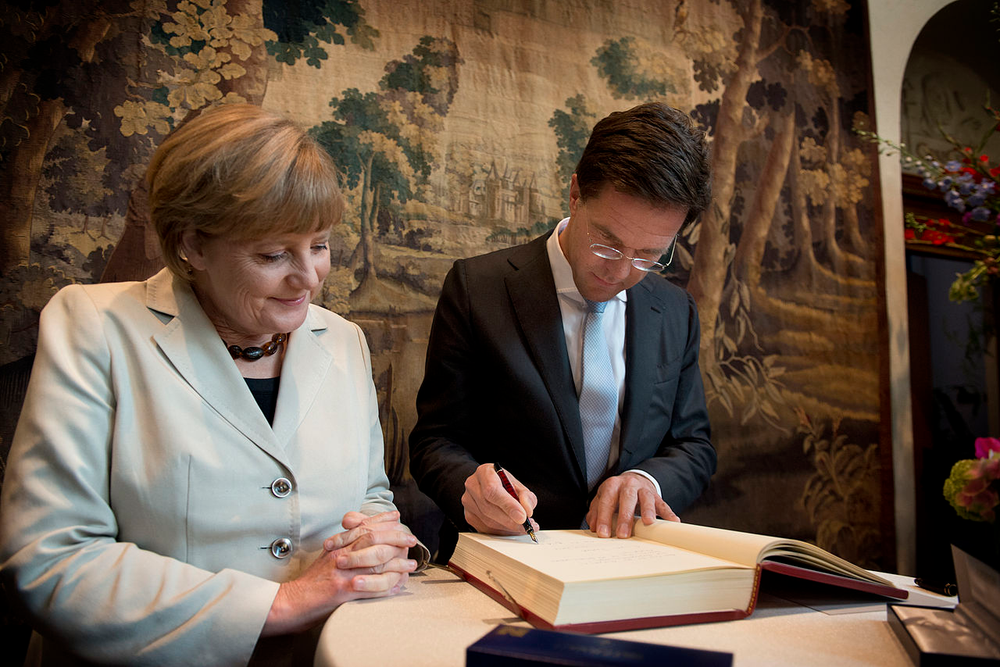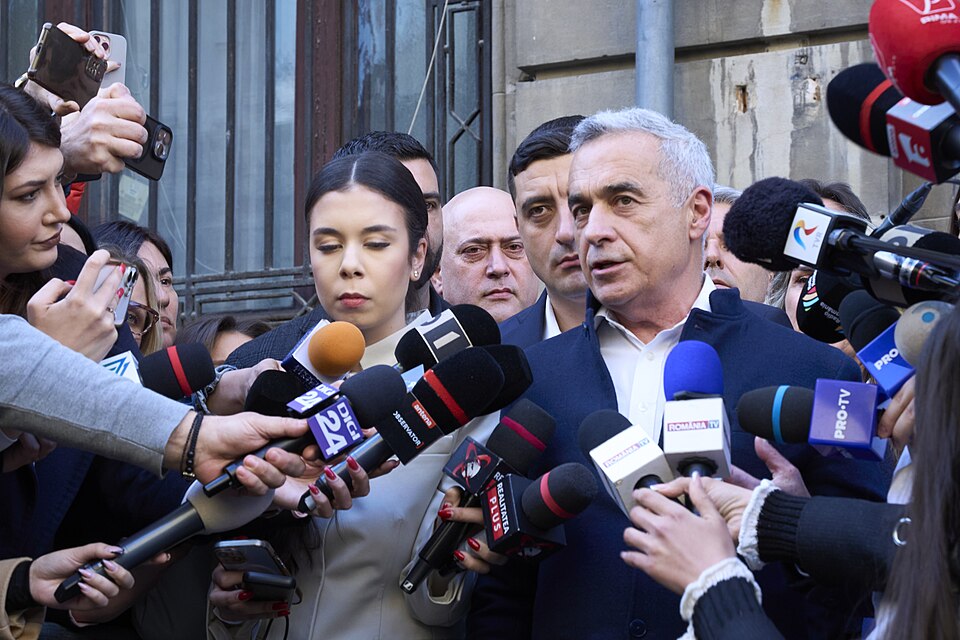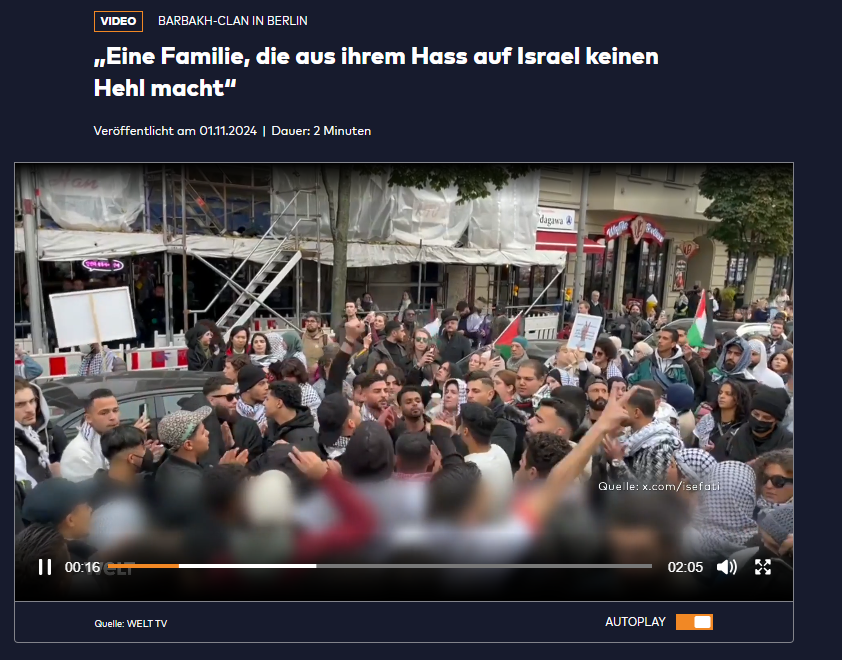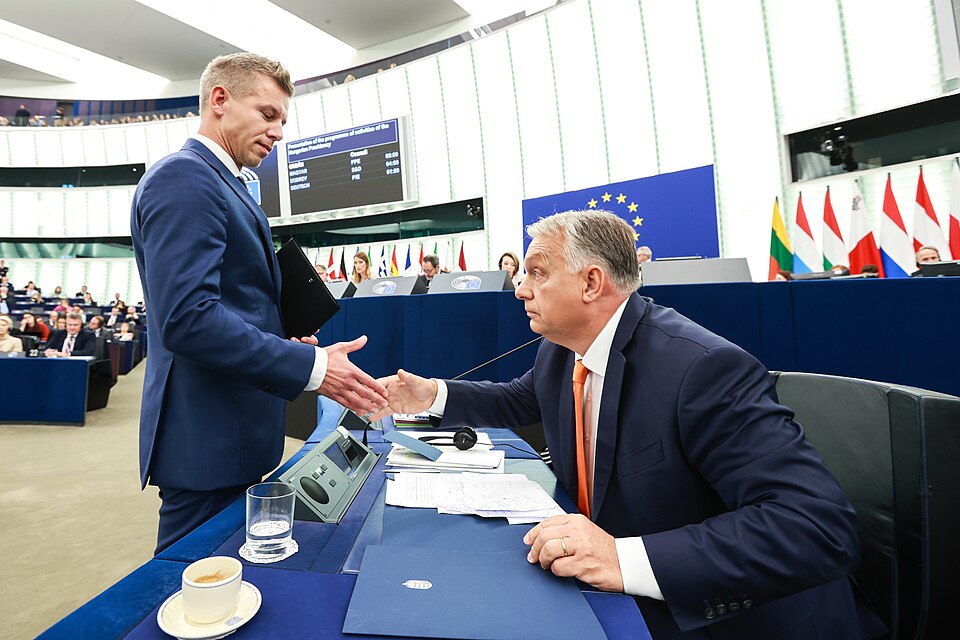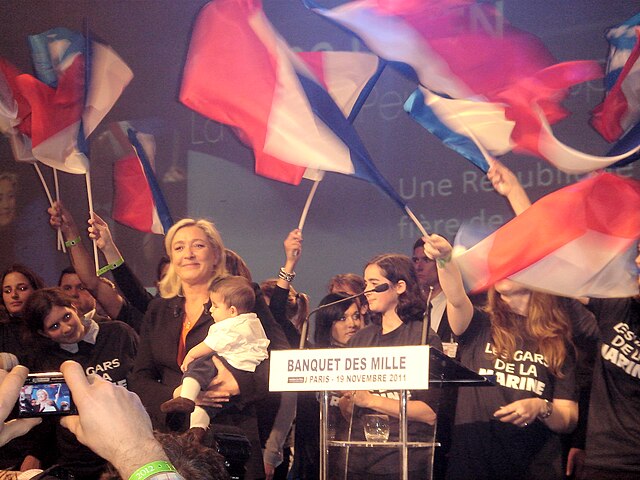On Friday the 15th of January, the Dutch government resigned following a massive outcry over the Dutch tax offices wrongful prosecution of tens of thousands of parents, most of them with migration background or double nationality. After years of wilful ignorance and condoning silence, the cabinet of prime minister Rutte (VVD) is now “taking its responsibility” just two months before the general election. But the government’s resignation is more show than substance.
The scandal has been building for years and goes back to the “zero tolerance policy” on welfare fraud of the first government of prime minister Rutte in 2010. From 2012 on, the Dutch tax and welfare authorities started increasingly to profile parents who received nursery subsidy. In the following seven years, between 25.000 and 35.000 parents, mostly with double nationality, Turkish or Arabic sounding names have been wrongfully prosecuted for benefits fraud on trumped up charges or because of minor procedural mistakes in the application. Most of them were forced to pay back thousands of Euros in welfare payments, resulting in some cases in loss of their homes or jobs, in divorce and in one case even in suicide.
In June 2020, the Dutch parliament voted to convene a parliamentary enquiry commission on the political mishandling of the case. The commission published a damning report in December 2020 which carries the title “unprecedented injustice”. The report condemned politicians and leading public servants for continuing to persecute people even when they have every reason to believe the parents had done nothing wrong. The responsible minister for economic affairs, Eric Wiebes of the right wing liberal VVD, even said during the public hearings that his impression was that “the tax office warned me that they really are too soft”!
This draconian persecution is doubly outrageous considering the Netherlands’ status as one of the biggest tax havens of Europe. Apart from the Netherlands, only the Virgin Islands enable more corporations to dodge their taxes, resulting in the loss of 22 billion Euros of tax revenue worldwide every year. Had the Dutch government cared foremost about public finances, they would have started there.
The motive behind the crackdown was however not fiscal prudence but disapproval of “welfare scroungers” and the ambition to “switch off the [welfare] taps”, which the head of the tax office taskforce on fraud Hans Blokpoel admitted. Above all, premier Rutte’s right wing liberal party VVD has been lurching ever more to the right and flaunting a so called zero tolerance policy. This is a classic right wing campaign scapegoating welfare recipients, who are framed mostly as unwanted migrants, in a bid to compete with the country’s growing extreme right.
As one might expect, this dynamic is a motif that permeates politics in the Netherlands since the neoliberal turn in the 90s and the rise of the extreme right since Pim Fortuyn in the 2000s. This atmosphere has facilitated the neoliberal downsizing of welfare programmes while at the same time allowing for successive right wing governments to increase repressive and surveillance measures against recipients. These policies have led to incredible stories, for instance when last December, a woman on benefits was fined 7000 Euros for failing to report that her mother occasionally did some grocery shopping for her.
Institutional racism was part and parcel of the “fraud” persecution scandal. Personal data were used in computer databases in which foreign sounding names or double nationalities were considered a “risk factor”. The head of the Authority on Personal Data, Aleid Wolfsen, concluded that “the entire system was set up to discriminate and was used as such.” Even artificial intelligence was applied to filter out such “risk factors”. At the very least, 11.000 parents were profiled in such a way.
And it is exactly on this point that the parliamentary enquiry report remains shamefully silent. While it does shed light on the decision making and bureaucratic measures that led to the injustice, it does not once mention the term racism. The word discrimination only comes up once in the 133 pages long text. This is especially remarkable considering prime minister Rutte has himself been convicted of ethnically profiling Somalian Dutch people when he was secretary of state for social services in 2007. He reacted to the judges’ verdict by saying “Apparently that is not legally possible now. It’s high time to change the law.”
Mark Rutte and his government finally resigned so as not to jeopardise his chances at the general elections on March the 17th. According to the polls, the scandal has not so much as scratched him or his party’s chances. The VVD is set to win big, by around 7 percentage points. The other partners, the christian democrat CDA and the culturally less right wing liberals of D66, are predicted to lose slightly. There is therefore no reason to believe that the policies which led to the overzealous prosecutions will fundamentally change any time soon.
Neither are the left wing opposition parties well positioned to profit from the crisis in government because they have failed to consitently oppose the neoliberal and racist policies of Rutte’s governments. The Greens of Groenlinks voted for the Fraud Law that introduced fines and the forced full repayment of welfare money for recipients who make minor procedural mistakes. The Socialist Party MP Jasper van Dijk has been railing for years about welfare fraud committed by migrant workers.
If the Left is to roll back the years of neoliberal and racist rollback of the welfare state and workers’ rights, they will have to seriously change course and start to, finally, consistently oppose cuts, privatisation, infringements of personal rights and the racism that increasingly permeates mainstream society.
Freek Blauwhof has been active in Die Linke Berlin-Neukölln since 2010 and is a former member of the Dutch GreenLeft and Socialist Party. This article was written for theleftberlin
